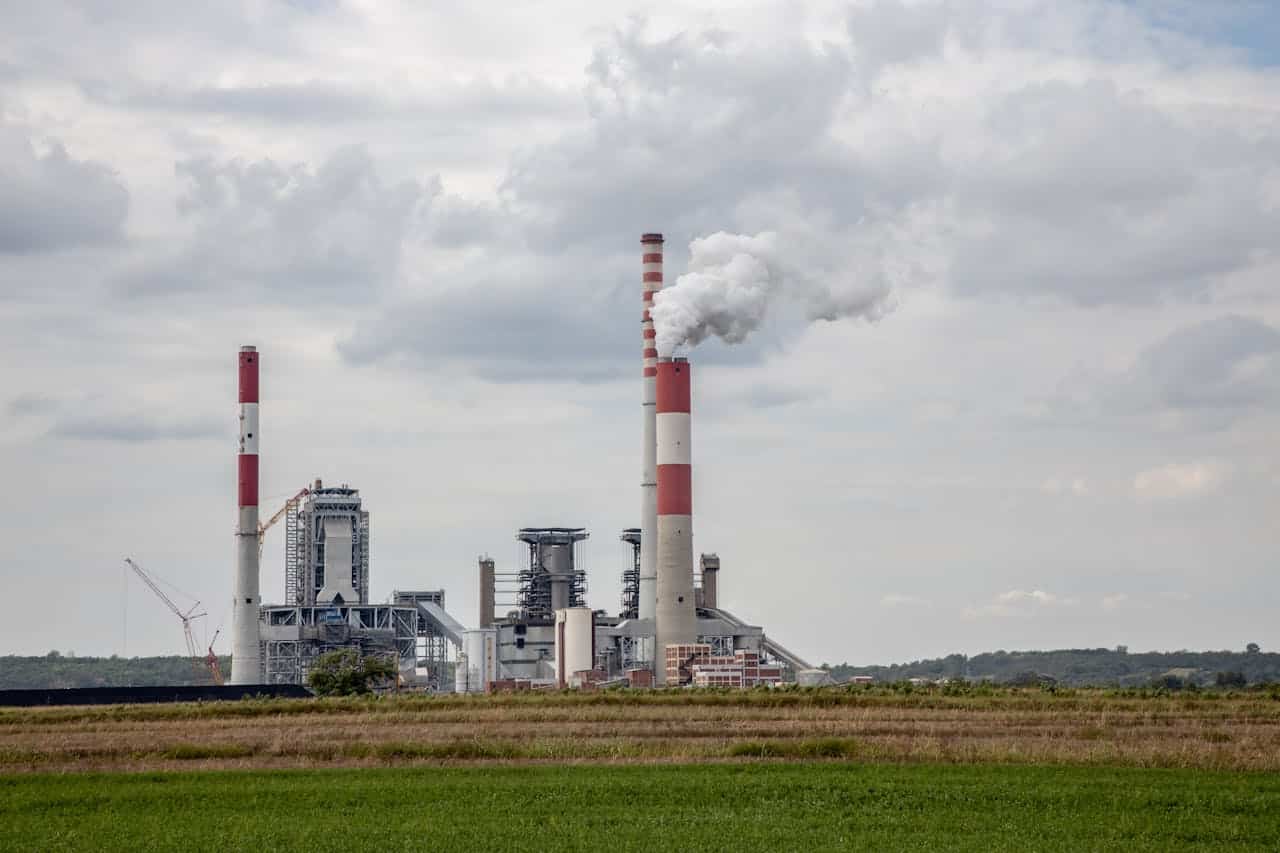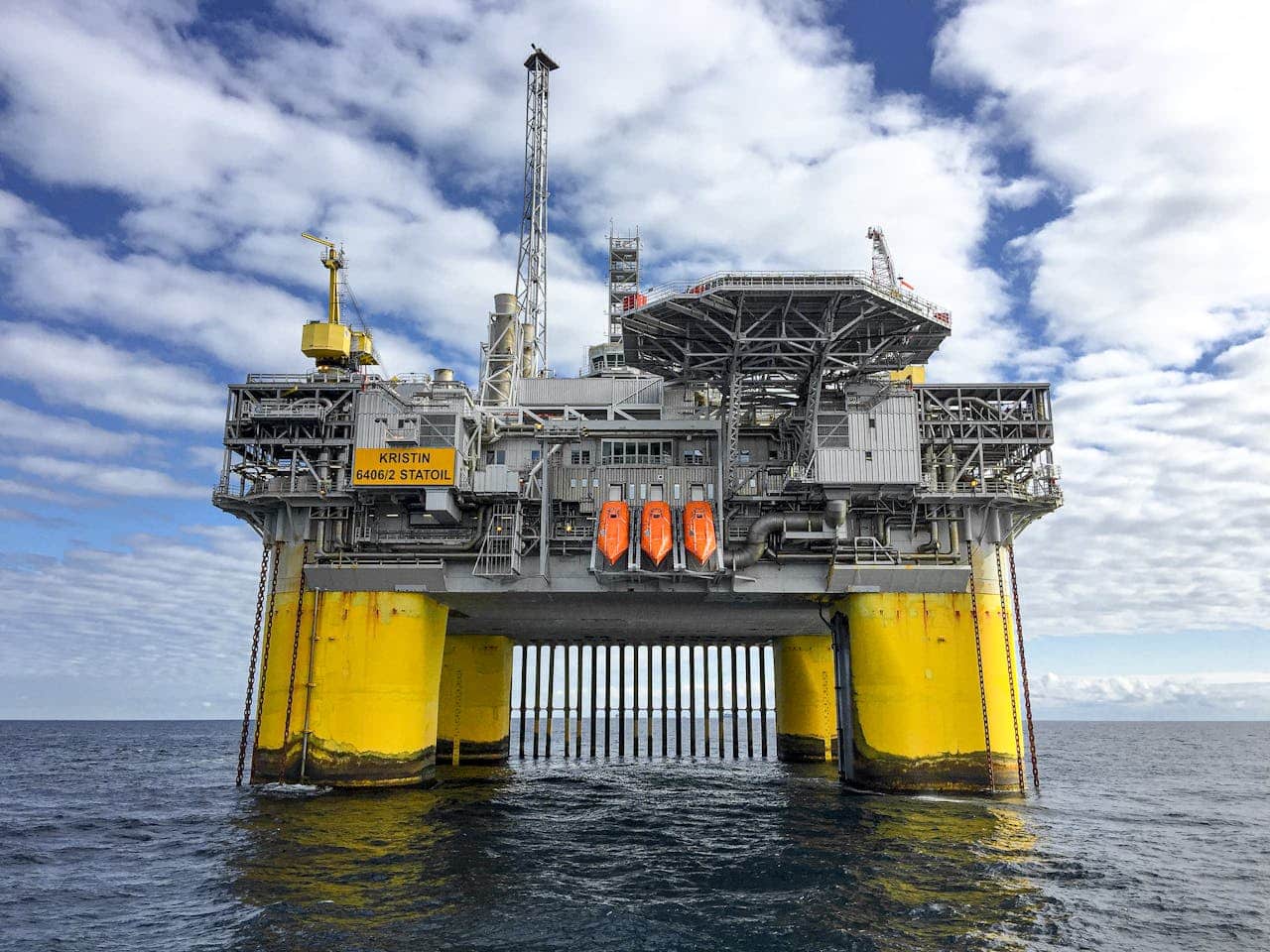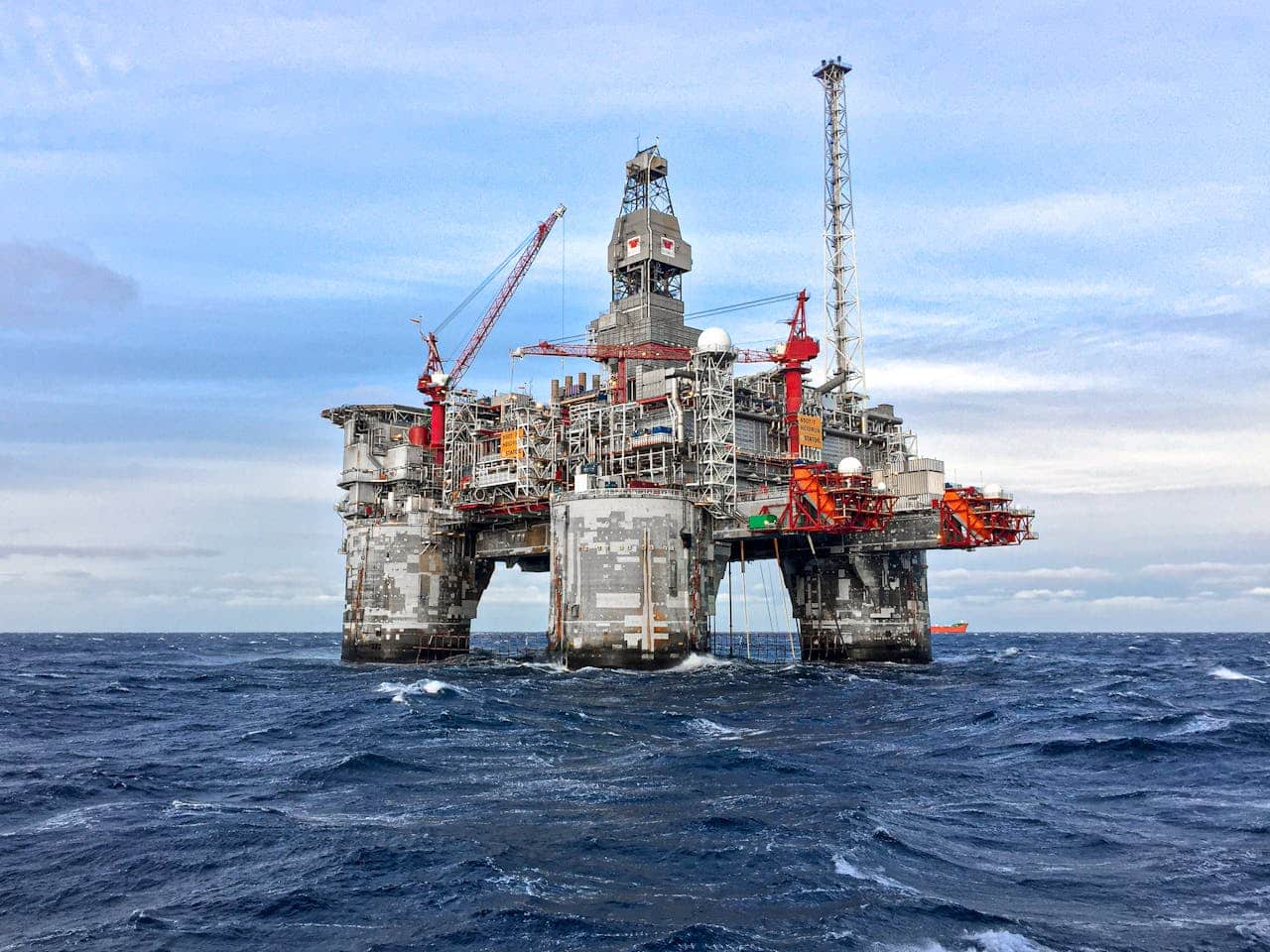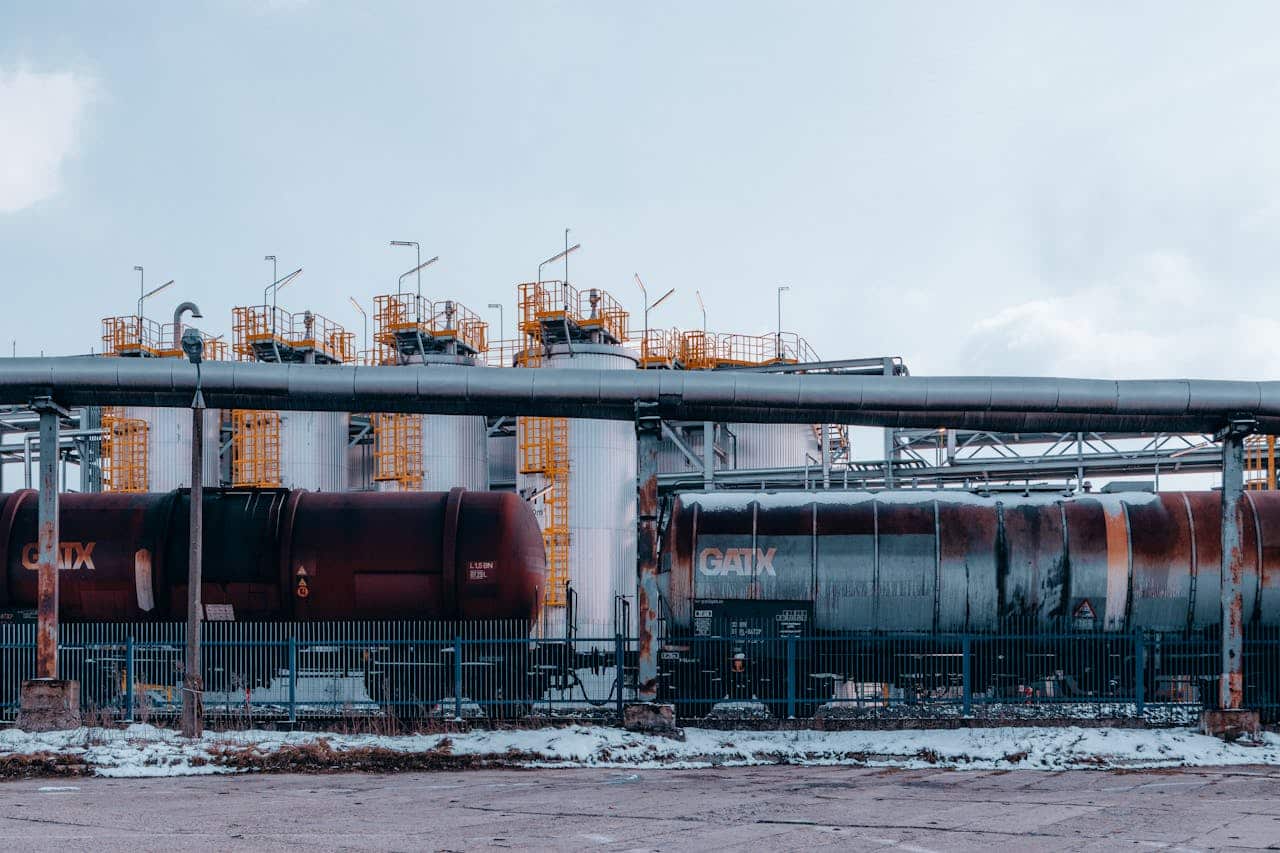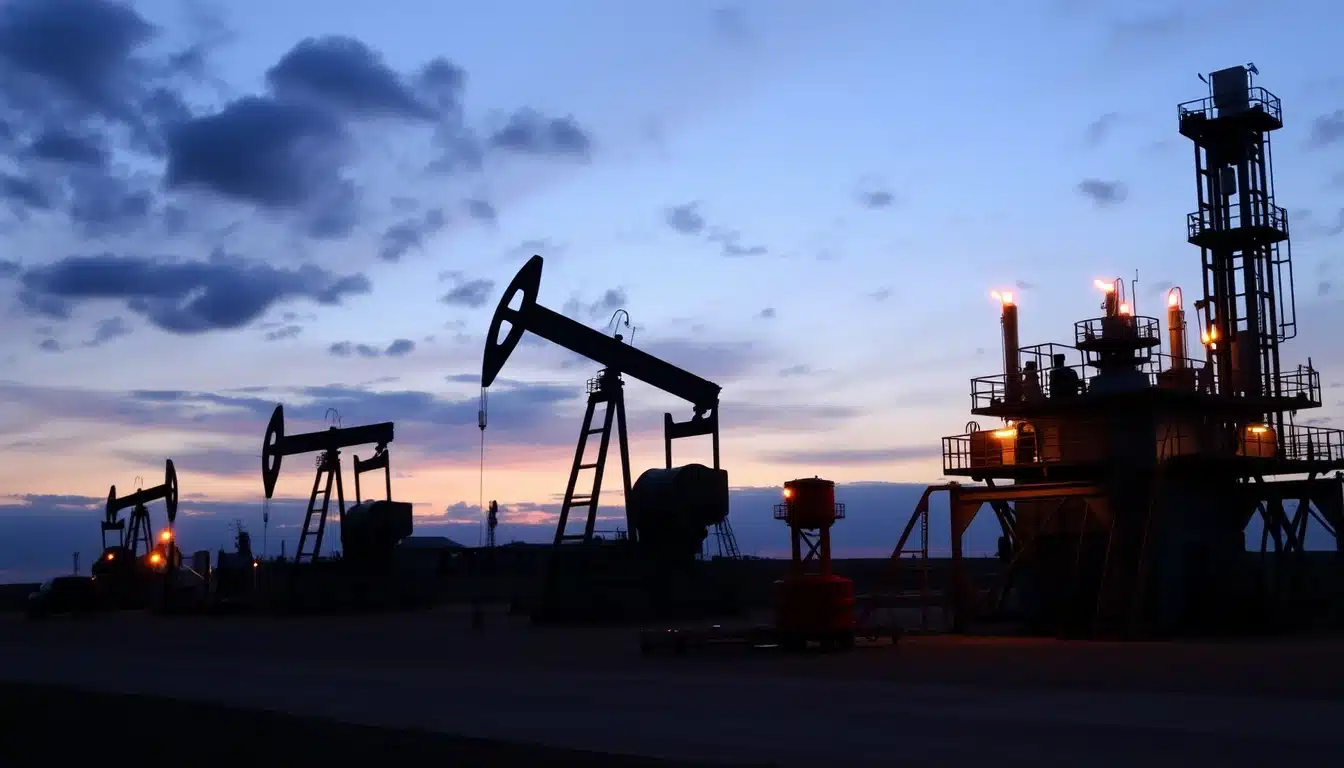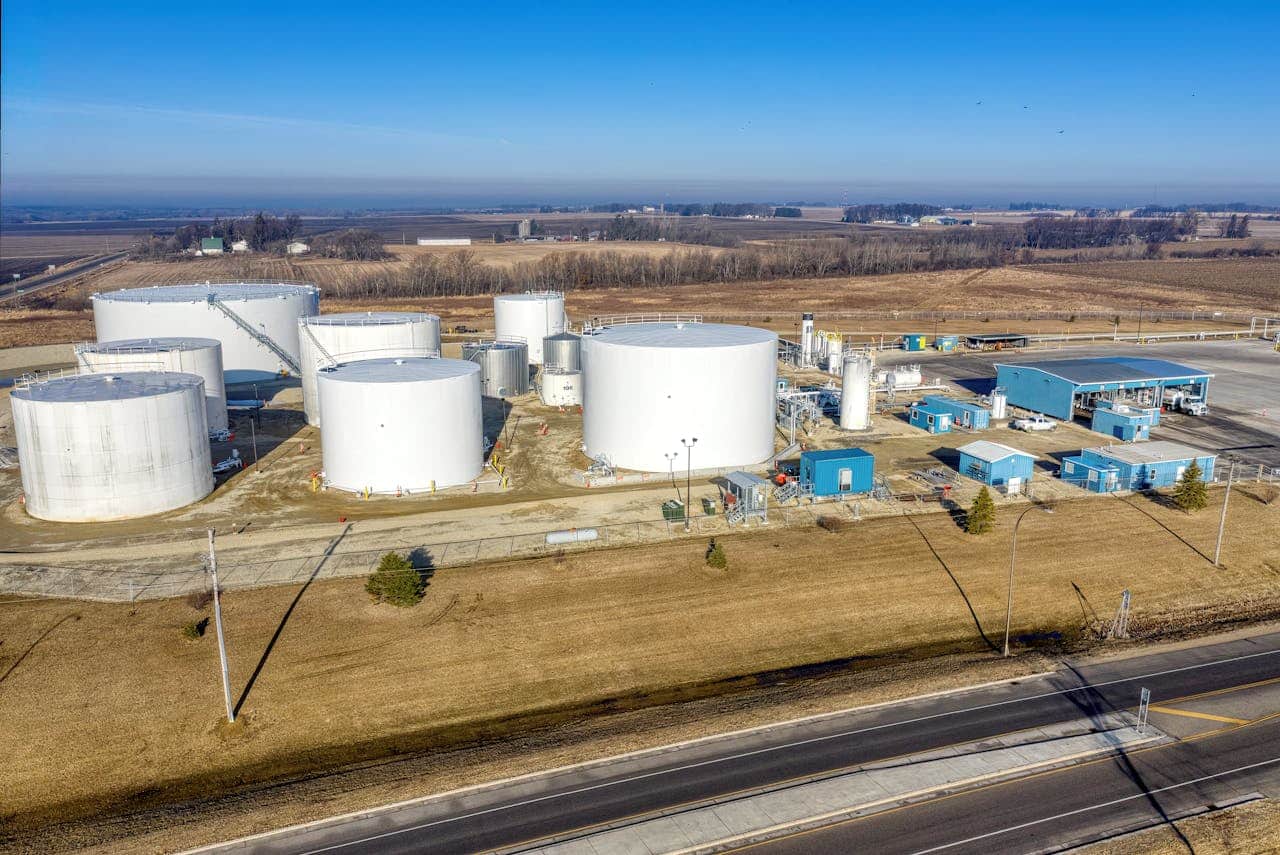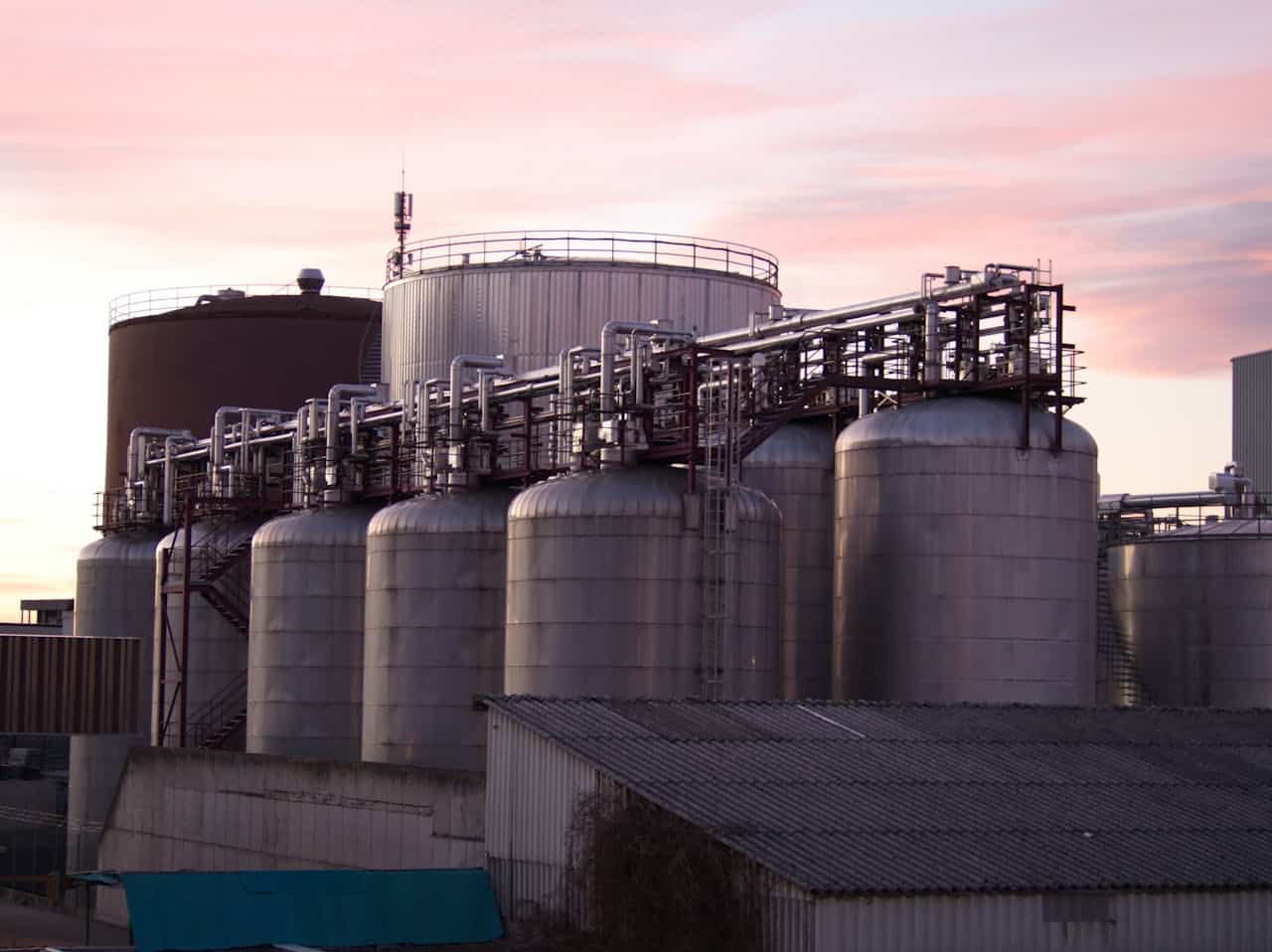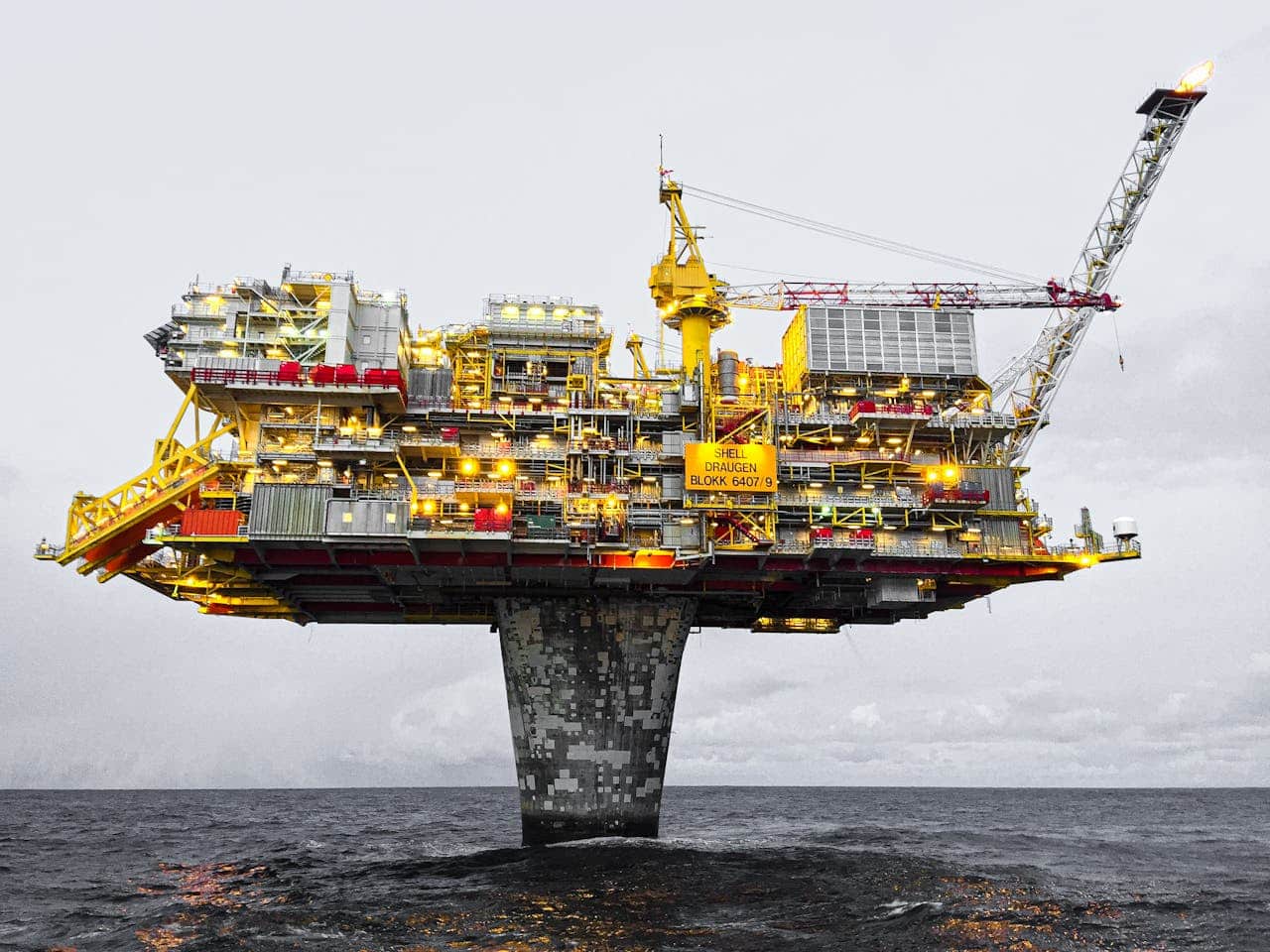Fundamentals of Well Log Interpretation Analysis and Formation Evaluation
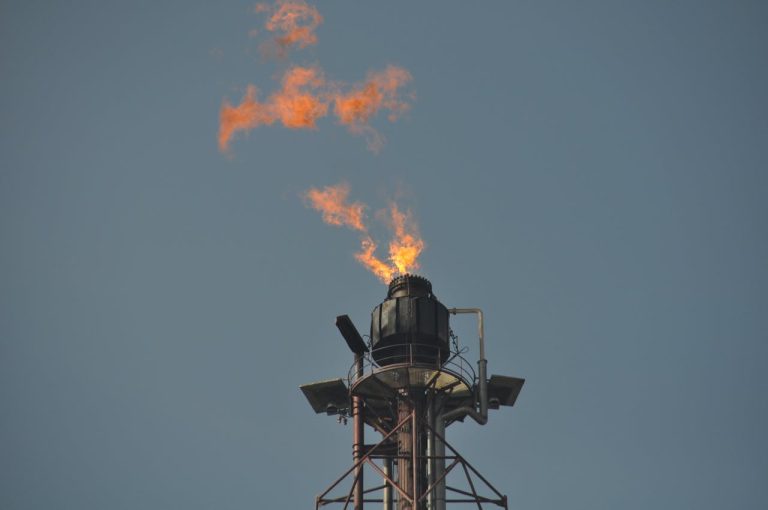
| Date | Format | Duration | Fees (USD) | Register |
|---|---|---|---|---|
| 26 Nov - 28 Nov, 2025 | Live Online | 3 Days | $2625 | Register → |
| Date | Venue | Duration | Fees (USD) | Register |
|---|---|---|---|---|
| 17 Nov - 19 Nov, 2025 | Dubai | 3 Days | $4680 | Register → |
| 08 Dec - 12 Dec, 2025 | London | 5 Days | $6305 | Register → |
Did you know that accurate well log interpretation can significantly enhance hydrocarbon recovery, potentially increasing output by up to 20%? This compelling statistic underscores the critical importance of advanced log interpretation methods in today’s oil and gas industry.
Course Overview
The Fundamentals of Well Log Interpretation Analysis and Formation Evaluation course by Alpha Learning Centre is meticulously designed to equip professionals with essential skills in interpreting data from various logging tools. This course focuses on evaluating reservoir properties, fluid content, and geological conditions to ensure participants can effectively navigate the complex landscape of well log analysis and formation evaluation.
Why Select This Training Course?
Selecting this Well Log Interpretation Course offers numerous advantages for professionals involved in petrophysics, geoscience, and reservoir management. Participants will gain advanced knowledge of log analysis methods, reservoir analysis, and data interpretation techniques. The course provides hands-on experience with industry-standard software and real-world data sets, enabling attendees to optimise their interpretation strategies effectively.
For organisations, investing in this training enhances overall exploration effectiveness and reduces the instances of dry wells. By ensuring that personnel are well-trained in well log interpretation, organisations not only protect their assets but also build sustainable practices. Research shows that companies implementing comprehensive well log analysis techniques can achieve significant improvements in outlining reservoir boundaries. For instance, a project in the Gulf of Suez, Egypt, improved reservoir boundary delineation by 35% through superior well-log analysis techniques.
Individuals who complete this course will benefit from enhanced career prospects as they become more valuable assets in their respective fields. The skills acquired through this training can lead to professional growth and increased responsibilities within their organisations. Studies indicate that with advanced well log interpretation techniques, professionals can significantly reduce uncertainties about reserves. For example, research in Libyan oil fields showed that good interpretation of well logs could potentially decrease uncertainties about reserves by up to 40%.
Transform your well log interpretation capabilities – Register now for this critical advanced training programme.
Who is this Training Course for?
This Alpha Learning Centre course is suitable for:
- Petrophysicists and geoscientists seek to advance their skills.
- Drilling engineers and operations managers focused on reservoir understanding.
- Data analysts and scientists in the oil and gas sector.
- Geologists looking to integrate modern tech in geological assessments.
- New entrants into the upstream petroleum industry.
What are the Training Goals?
- To master the interpretation of well logs using cutting-edge technology.
- To enhance the understanding of complex reservoir characteristics.
- To apply machine learning for predictive analysis in formation evaluation.
- To develop strategies for real-time decision-making during drilling operations.
How will this Training Course be Presented?
The Fundamentals of Well Log Interpretation Analysis and Formation Evaluation Course employs a comprehensive and innovative approach to ensure maximum knowledge retention and skill development. Expert-led instruction from seasoned petrophysicists and geoscientists forms the core of the course, providing up-to-date insights into modern log interpretation techniques and practical applications for today’s oil and gas sector.
The course utilises a blend of theoretical lectures and practical applications, allowing participants to apply their knowledge to realistic scenarios. Advanced educational methodologies create a personalised and engaging learning journey through:
- Live, expert-led sessions covering theoretical and practical aspects
- Hands-on workshops with industry-standard software for log analysis
- Interactive simulations of well-logging scenarios
- Collaborative projects using actual well data for practical application
- Continuous access to an evolving digital resource library
Join us now and elevate your well log interpretation expertise to new heights!
Course Syllabus
Module 1: Advanced Well Logging Techniques
- Overview of modern logging tools and technology.
- Principles of resistivity logging for formation evaluation.
- Sonic and acoustic logging for rock properties.
- Nuclear logging techniques for porosity and saturation.
- Introduction to NMR logging and its applications.
- Borehole imaging for structural and stratigraphic analysis.
- Well-site data acquisition and quality control.
- Real-time logging while drilling (LWD) and its benefits.
- Mud logging and its integration with other logs.
- Environmental corrections in log data interpretation.
- Cross-plot analysis for lithology and fluid identification.
- Formation pressure and mobility assessment.
Module 2: Data Processing and Quality Assurance
- Data preprocessing and noise reduction techniques.
- Quality control procedures for log data.
- Calibration of logging tools for accuracy.
- Handling of environmental effects on log data.
- Data normalisation for multi-well comparisons.
- Use of statistical methods in log data analysis.
- Validation of log data against core samples.
- Error analysis in well-logging data.
- Data integration from multiple sources.
- Ensuring data integrity for decision-making.
Module 3: Machine Learning in Log Interpretation
- Basics of machine learning applicable to well logging.
- Feature selection for predictive models in petrophysics.
- Supervised learning for lithology prediction.
- Unsupervised learning is used to find patterns in log data.
- Neural networks for complex log analysis.
- Validation and testing of ML models.
- Case studies of AI in reservoir characterisation.
- Ethical considerations in AI-driven analysis.
- Limitations and challenges of machine learning in this field.
- Practical applications in real-time logging scenarios.
Module 4: Formation Evaluation Fundamentals
- Physical properties of reservoir rocks.
- Quantitative analysis of porosity from logs.
- Saturation analysis techniques.
- Permeability estimation from log data.
- Fluid identification using multiple log types.
- Shale volume calculation and its impact on reservoir quality.
- Net pay determination in complex reservoirs.
- Integration of core data with log data.
- Advanced methods for thin bed evaluation.
- Carbonate vs. clastic reservoir characterisation.
- Use of logs for reserve estimation.
- Petrophysical models for different geological settings.
Module 5: Log Analysis for Unconventional Reservoirs
- Characteristics of shale gas and tight oil formations.
- Logging in horizontal wells and its challenges.
- Organic richness evaluation with logs.
- Brittleness index and its relevance to fracking.
- Application of spectroscopy in shale analysis.
- Petrophysical assessment in low porosity-permeability systems.
- Rock physics for unconventional reservoirs.
- Geomechanical analysis from well logs.
- Fracture detection using image logs.
- Integration of logs with seismic data for unconventional plays.
Module 6: Interpretation of Complex Lithologies
- Mixed lithology evaluation techniques.
- Log responses in complex carbonate environments.
- Identifying and quantifying evaporites from logs.
- Volcanic and igneous rock logging interpretations.
- Coal and gas hydrate reservoir evaluation.
- Advanced methods for mineralogy determination.
- Use of elemental spectroscopy for lithology.
- Diagenetic effects on log interpretation.
- Case studies of challenging formations.
- Log-based petrophysical modelling for mixed systems.
Module 7: Advanced Petrophysical Analysis
- Petrophysical inversion techniques.
- Multidimensional log interpretation.
- Use of wireline versus LWD for complex analysis.
- Integration of downhole fluid analysis.
- 3D geological modelling with log data.
- Stochastic modelling for reservoir uncertainty.
- Advanced porosity and saturation models.
- Archie’s equation and its modern adaptations.
- Cross-well tomography for enhanced resolution.
- Machine learning for petrophysical parameter estimation.
Module 8: Well Integrity and Cement Evaluation
- Cement bond logging and its importance.
- Techniques for assessing cement quality behind the casing.
- Corrosion and casing integrity evaluation.
- Acoustic and ultrasonic methods for cement analysis.
- Impact of well integrity on formation evaluation.
- Detecting channeling and micro-annuli with logs.
- Repair techniques informed by log data.
- Regulatory and compliance aspects of well integrity.
- Long-term monitoring of well conditions.
Module 9: Reservoir Surveillance and Monitoring
- Time-lapse logging for reservoir monitoring.
- Production logging for well performance analysis.
- Detecting changes in reservoir properties over time.
- Integration of permanent downhole gauges with logs.
- Use of tracers in conjunction with logging data.
- Advanced techniques for water encroachment detection.
- Logging in enhanced oil recovery scenarios.
- Data-driven approaches to reservoir management.
- Real-time monitoring for reservoir management decisions.
- Impact of surveillance on field development plans.
Training Impact
The impact of well log interpretation training is evident through various real-world case studies and data, which demonstrate the effectiveness of structured programmes in enhancing exploration effectiveness and reservoir characterisation.
Research indicates that organisations implementing structured well log interpretation training programmes have demonstrated measurable benefits in both exploration success and reserve estimation accuracy. A case study from the Gulf of Suez, Egypt, showed that superior well-log analysis techniques improved reservoir boundary delineation by 35%, enhancing exploration effectiveness and reducing the instances of dry wells.
These case studies highlight the tangible benefits of implementing advanced well log interpretation techniques:
- Improved reservoir boundary delineation and characterisation
- Enhanced exploration effectiveness and reduced dry well instances
- Increased accuracy in reserve estimation
- Strengthened decision-making in reservoir management
By investing in this advanced training, organisations can expect to see:
- Significant improvement in well log interpretation accuracy
- Improved ability to handle complex geological applications
- Enhanced decision-making capabilities in reservoir management
- Increased competitiveness through comprehensive formation evaluation strategies
Transform your career and organisational performance – Enrol now to master Well Log Interpretation Analysis and Formation Evaluation!

